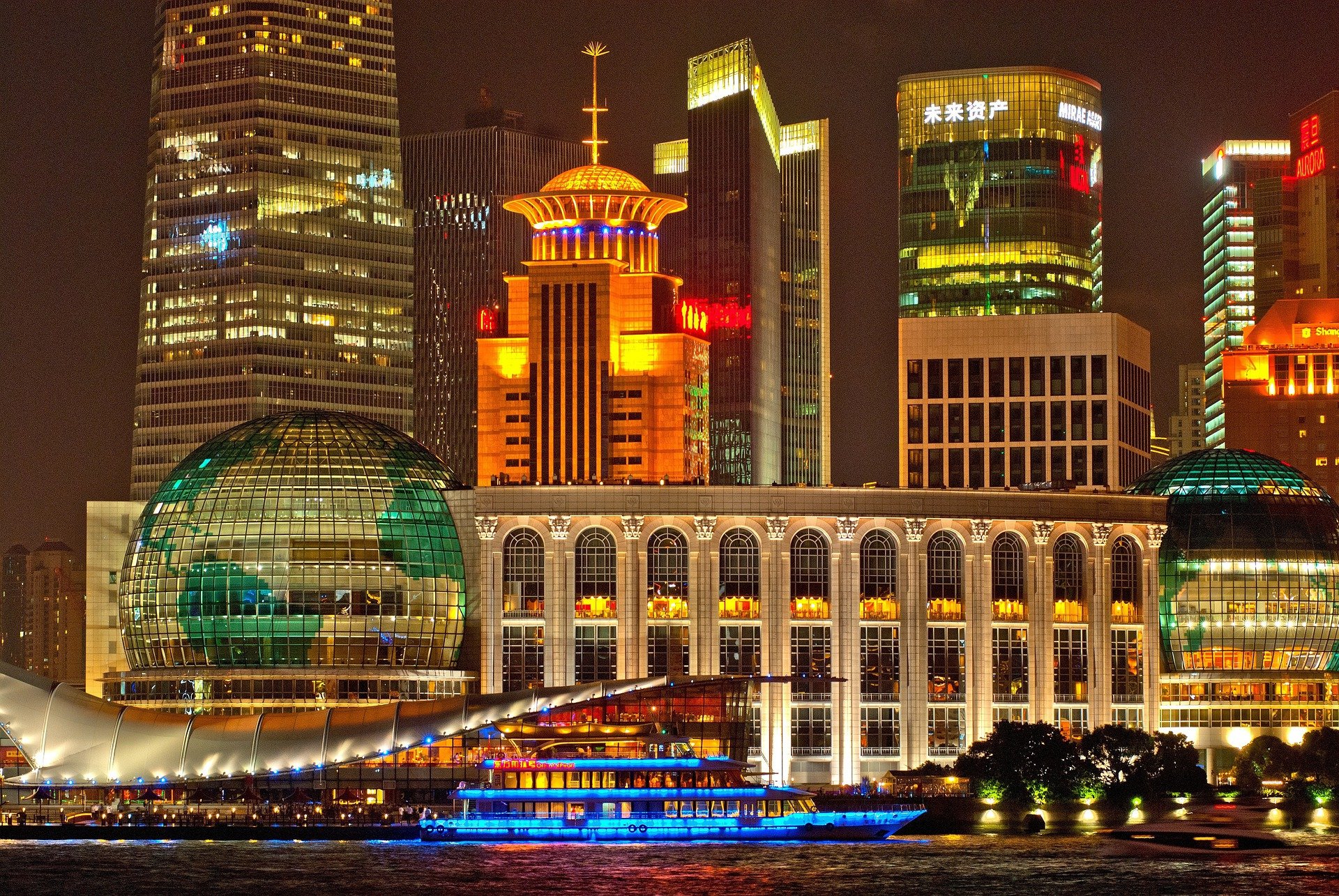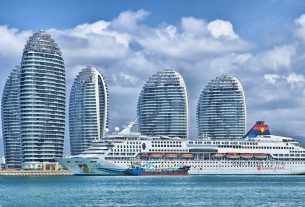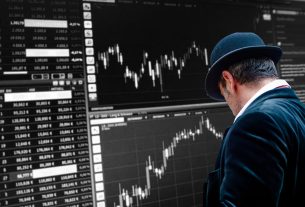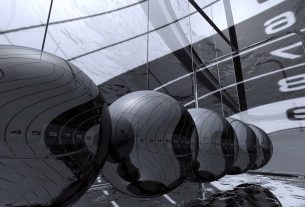The fundamental reason why historic achievements and historic shifts have been made in the cause of the party and the country is the helmsmanship and leadership of Xi Jinping,
– Wang Huning
Since 1949, the Chinese Communist Party (CCP) has been in power in mainland China. Under the leadership of Mao Zedong, the CCP oversaw a period of economic and social transformation known as the “Great Leap Forward” (1958-1961). This period was followed by the “Cultural Revolution” (1966-1976), a chaotic time when the country was plunged into turmoil.
Since Deng Xiaoping’s reforms began in 1978, China has been moving towards a more market-based economy. However, the state still plays a significant role in the economy, and the CCP continues to be the country’s ruling party.
Since Xi Jinping came to power in 2012, he has pursued an ambitious agenda of economic, social and political reforms. One of the most significant changes has been the introduction of the “new normal” policy, which has sought to shift the economy away from its reliance on investment and exports, and towards domestic consumption.
The “new normal” has had mixed results. On the one hand, it has helped to reduce China’s trade surplus and made the economy more resilient to global economic fluctuations. On the other hand, it has led to slower economic growth, and there are concerns that it may not be sustainable in the long term.
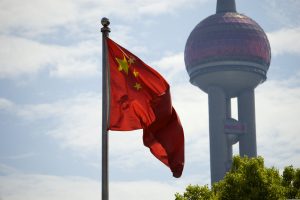
The economy is still grappling with a number of challenges, including high levels of debt, rising prices, and environmental pollution. In recent years, there has also been a growing sense of inequality, as the benefits of economic growth have not been evenly distributed.
Looking to the future, it is clear that the Chinese economy will continue to face significant challenges. However, the country has a proven track record of reform and resilience, and it is possible that the current leadership will be able to steer the economy onto a more sustainable path.

